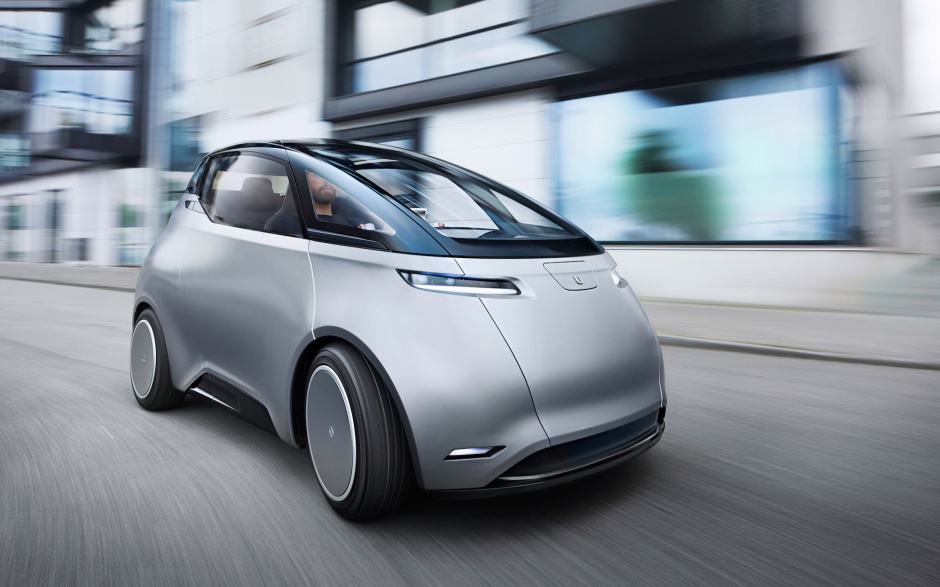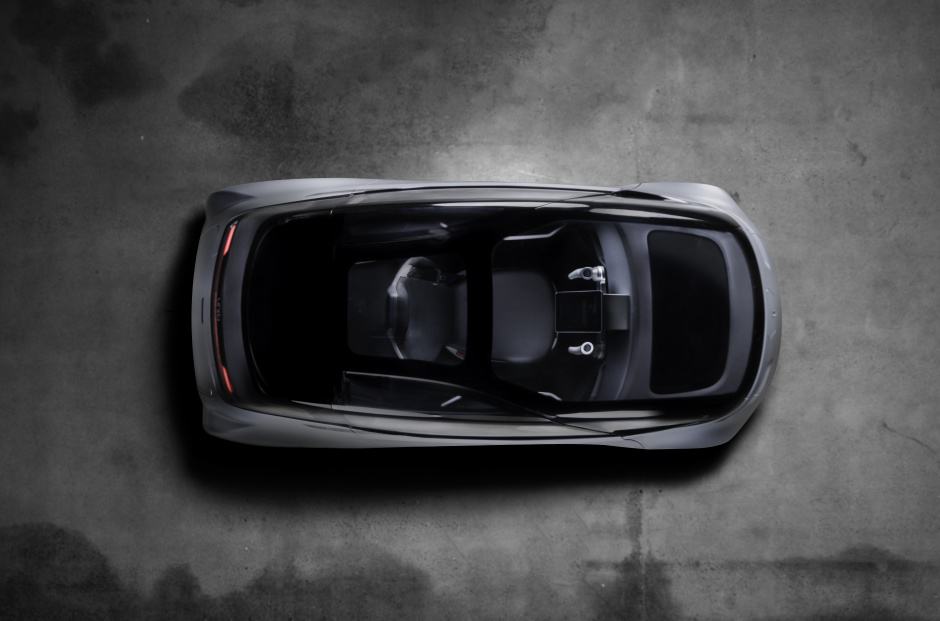
The company said that the facility - which it expects to be up and running by 2020 - will be used to produce the Uniti One electric car and will serve as a blueprint for globally licensed ‘digital’ assembly plants throughout the world. The initiative aligns with the UK’s industrial strategy to lead the world in zero emission and autonomous vehicle technologies.
“The UK’s approach to vehicle production, with its focus on light-weighting and innovation in advanced materials, is an ideal model for electric car production globally,” commented Uniti CEO, Lewis Horne. “It’s no secret that some of the world’s best vehicle engineers are clustered around Silverstone. When coupled with a government receptive to our ambition and goals, we couldn’t find a better home to establish our pilot production facility.”
Uniti has been working with Silverstone Park developer MEPC to create a vision for the pilot plant, with further details to be announced soon. This is the first of several planned initiatives for Uniti to establish itself in the UK, working towards a goal of becoming a major player in the nation’s EV market over the next few years.

The firm has already engaged a team of engineers at an R&D centre in Northamptonshire while fostering partnerships with local companies such as KW Special Projects (light weight structure and additive manufacturing), Danecca (EV powertrain), and Unipart (global supply chain).
“The future of Great Britain is electric and autonomous,” said Sally Povolotsky, Uniti's Vehicle Development Director. “Through my work with the Silverstone Technology Cluster’s (STC) Autonomous, Connected, Electrified & Shared special interest group, I can attest that this is an exciting time for the UK automotive industry and one of rapid growth and innovation. Once the Uniti pilot plant facility is fully operational, we can take this blueprint global.”
MEPC’s Roz Bird, Commercial Director at Silverstone Park and STC Chair, added: “This is fantastic news for Silverstone Park and the Silverstone Technology Cluster – a global destination for engineering, innovation and business development. Uniti’s vision for a vehicle production plant at Silverstone Park is very exciting for skills, jobs and the local economy as well as the region’s supply chain.”
Uniti plans to unveil its production models in late 2019 and deliver vehicles to pre-order customers throughout northern Europe shortly thereafter.
The announcement came in the same week that prominent Brexit supporter James Dyson revealed his firm’s new electric vehicle will be manufactured in Singapore.




Glasgow trial explores AR cues for autonomous road safety
They've ploughed into a few vulnerable road users in the past. Making that less likely will make it spectacularly easy to stop the traffic for...